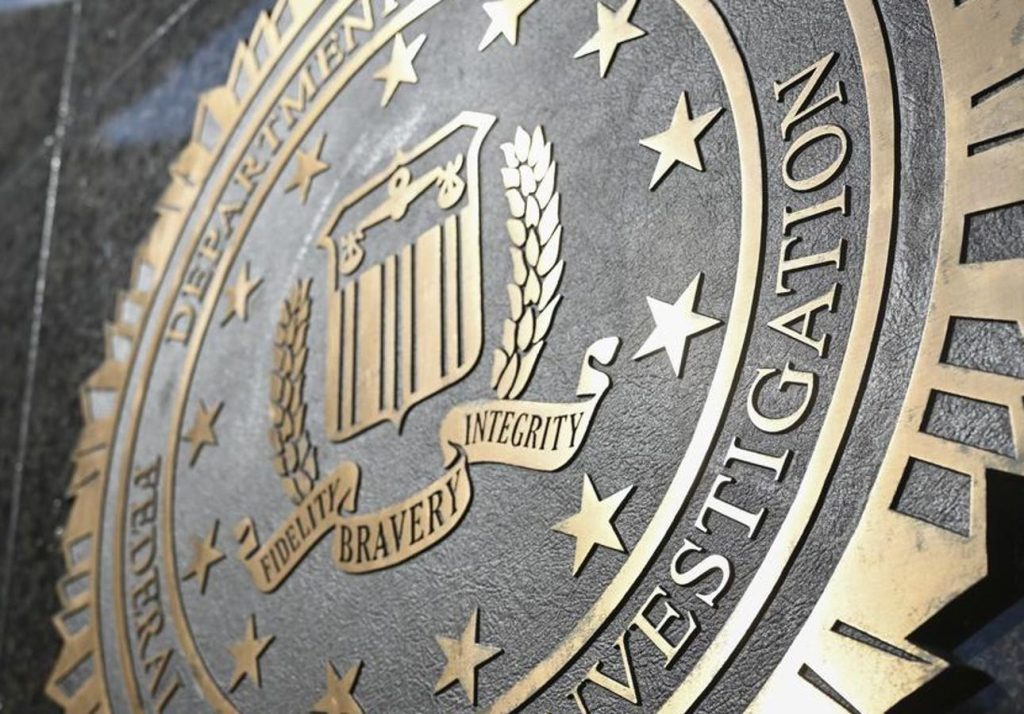The scam: Unraveling the Tools Section
In recent months, the nation has seen a surge in a harmful new threat known as "road toll scammers." These scammers issue fraudulent texts, promising the collection of unpaid tolls, promising to "owe money for unpaid road tolls." These messages are reported in tools as "theft warnings." When you receive such a message, it’s crucial to recognize the scam. These scams are designed to steal your personal information, such as your driver’s license number, and even steal your identity. The consequences are dire: scams can lead to public trouble, financial missiles, or identity theft.
In March 2024, the FBI’s Tools Section began receiving numerous such texts across the nation. These texts are often convincing, mimicking the activities of toll agencies, which raises concerns about phishing or smishing. The texts frequently claim to be from different states, often suggesting that these agencies are disconnected or operatingOakland campus across states.
AMessageType: The FBI informs you to stay vigilant and avoid falling into these scams. For accurate information, visit the agency’s official website or contact their customer service. While this isn’t a federal service, it’s a federal issue. You need to be extra cautious because these scammers operate昼夜.
Message Analysis: One of the messages includes the specific wording: "The outstanding toll amount is similar, the link identifies with the state’s toll service name, phone numbers change from one state to another." Scammers often structure these texts to impersonate the agency, appear to be active, and provide information that seems complex but in fact isn’t.
Road Scammers: This scam has become a national issue, noticeable in multiple tools across the U.S. The clearing of these texts is crucial. Social media posts, social media, and your phone messages have historically baked evidence of such scammers.
Avoiding theÿ: If you have already fallen victim, seek out additional accounts, usernames, and passworts to prevent accidental identity theft. It’s important to dispute any unfamiliar charges if you’ve recently received a new one. Staying informed about these scams can help you become more aware of potential threats.
Avoiding Phishing: While these toll scammers are essentially phishing from the government, some can mimic these tactics. Phishing is more complex and less structured, relying on pseudonyms and masks to impersonate an entity or technology service. This method is equally intriguing and significantly more complex than smishing.
Meghan Talese’s tips include:
- Check your account and remember the toll service’s legitimate website or contact to avoid phishing.
- Aggregate your bank and credit card information from multiple providers to ensure security.
- Exercise caution with new cards or services and contact the institution directly if any personal info has been mis Craftsed.
- Dispute any charges immediately; relying solely on legitimate sources of information is essential.
In summary, road toll scammers use deceptive techniques inspired by technical agencies, resulting in a national healthcare crisis. Protecting yourself by staying informed and vigilant is crucial. Focus on safe financial and personal landscapes, and avoid participating in these scams.


